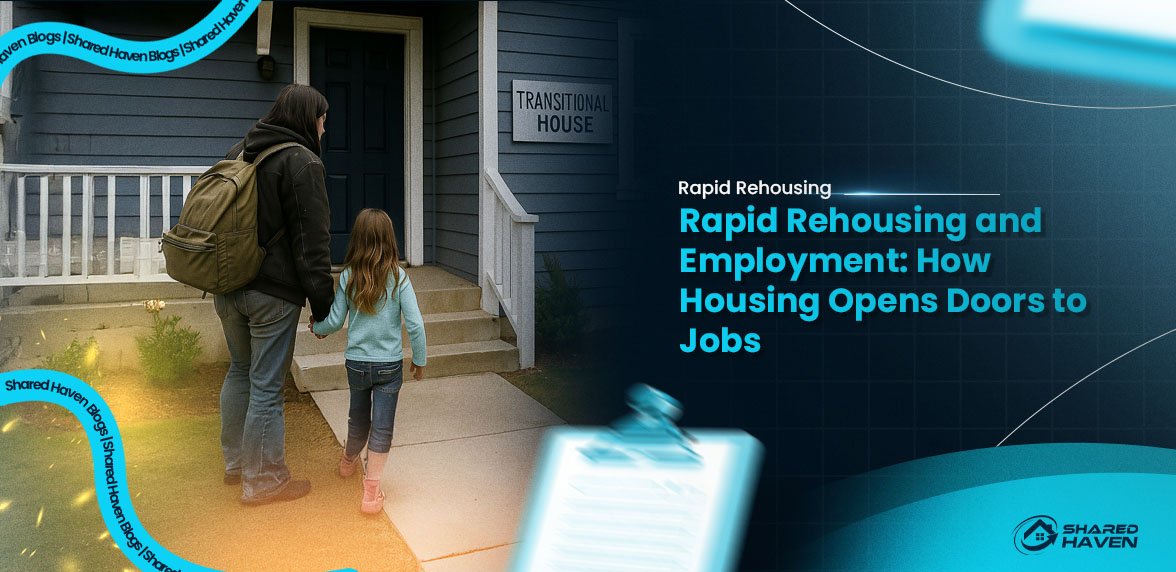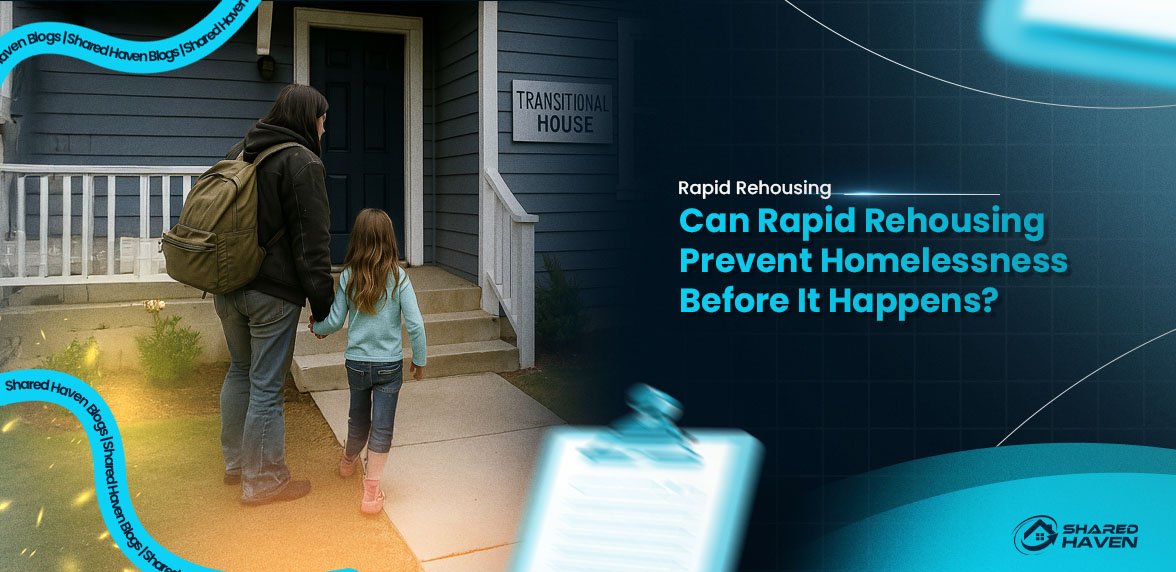Essential Qualities of a Healthy Sober Living Environment
First, transitioning from addiction treatment to independent living presents challenges. Therefore, many people choose a sober living environment for support. Additionally, a supportive home provides the stability and accountability needed during recovery. Furthermore, a good sober living environment encourages responsibility, structure, and community. Consequently, this blog explains the qualities that define a healthy environment. Moreover, we’ll explore why these qualities matter for long-term success.
Structure Creates Success in Sober Living Environments
Initially, every sober living home maintains clear rules and expectations. Subsequently, rules guide residents to follow routines that support sobriety. Additionally, consistent structure helps people feel safe and accountable. Furthermore, each resident understands that daily schedules reduce chaos effectively. Also, structured environments encourage stability throughout the recovery process. Moreover, structure ensures that relapse risks stay low consistently. Therefore, rules serve as protective tools rather than restrictions. Finally, these guidelines help residents move forward with confidence.
Community Support Builds Recovery in Sober Living
First, a strong sober living environment promotes peer support actively. Additionally, people in recovery understand each other better than outsiders. Because of this, shared experiences create empathy and accountability naturally. Furthermore, residents encourage one another when challenges appear unexpectedly. Also, supportive peers make the recovery journey less lonely. Moreover, a community should feel inclusive, welcoming, and uplifting always. Finally, everyone in the home deserves to feel valued completely.
Accountability Drives Success in Recovery Environments
Initially, accountability forms a core part of sober living success. Subsequently, residents agree to drug testing and house meetings willingly. Additionally, regular check-ins ensure honesty and responsibility consistently. Furthermore, these measures create a culture of trust effectively. Also, accountability helps residents learn to control their actions. Moreover, homes with strong accountability help residents rebuild discipline. Finally, this discipline often carries into independent life successfully.
Healthy Boundaries Support Sober Living Communities
First, a good sober living environment requires respect for boundaries. Additionally, each resident deserves privacy while maintaining community balance. Furthermore, clear rules about visitors support harmony in homes. Also, guidelines about shared chores prevent conflicts from escalating. Moreover, boundaries help residents learn to communicate needs respectfully. Finally, respectful environments allow recovery to grow and flourish.
Daily Routines Strengthen Recovery in Sober Living
Initially, strong daily routines prove essential in sober living settings. Subsequently, structured schedules prevent idle time that triggers relapse. For example, morning routines build consistency throughout the day. Additionally, work responsibilities provide purpose and structure effectively. Furthermore, group activities create community bonds among residents. Also, daily routines provide predictability that supports mental health. Moreover, routines remind residents of time management’s value. Finally, well-planned days make recovery progress more visible.
Peer Mentorship Enhances Sober Living Experiences
First, peer mentorship often adds strength to environments significantly. Additionally, experienced residents guide newer ones through challenges effectively. Furthermore, mentorship makes lessons easier to apply in practice. Also, supportive advice from peers encourages confidence and growth. Moreover, this dynamic builds leadership and cooperation skills. Finally, peer mentorship transforms environments into growth-centered communities successfully.
Access to Resources Supports Long-Term Recovery
Initially, strong homes connect residents to external resources effectively. Additionally, resources may include counseling and job support programs. Furthermore, educational programs help residents rebuild independence step-by-step. Also, good homes encourage personal development alongside sobriety. Moreover, recovery involves more than just avoiding relapse completely. Finally, homes should prepare people for stable lives afterward.
Safety and Cleanliness Create Positive Sober Living
First, environments should always prioritize safety and cleanliness consistently. Additionally, clean spaces improve mental health and encourage pride. Furthermore, safety rules protect residents through emergency plans effectively. Also, secure entrances provide additional protection for everyone. Moreover, well-maintained environments show respect for all residents. Finally, clean and safe homes create peace of mind.
Emotional Support Nurtures Recovery in Sober Living
Initially, emotional support remains essential in every home environment. Additionally, recovery can bring stress, anxiety, and loneliness. Furthermore, support from peers reduces these struggles significantly. Also, residents should feel safe expressing their feelings openly. Moreover, group activities build trust and understanding among residents. Finally, healthy homes nurture emotional healing alongside sobriety effectively.
Personal Responsibility Builds Independence
First, environments encourage personal responsibility among all residents. Additionally, residents manage chores, bills, and schedules independently. Furthermore, learning responsibility prepares people for independent living successfully. Also, personal responsibility builds confidence in recovery journeys. Moreover, every completed task shows progress and growth. Finally, homes encourage independence while providing necessary guidance.
Respect and Inclusion Strengthen Communities
Initially, respect and inclusion create positive sober living environments. Additionally, residents come from diverse backgrounds requiring acceptance. Furthermore, discrimination should never be tolerated in any situation. Also, every resident should feel safe and valued. Moreover, inclusive homes empower people to embrace recovery. Finally, respect strengthens bonds and creates family-like communities.
Balance Creates Effective Recovery Environments
First, homes should balance freedom with structure effectively. Additionally, too much restriction may discourage personal growth. Furthermore, too much freedom may increase relapse risk. Therefore, homes should create balanced approaches for residents. Also, residents should feel trusted but guided appropriately. Finally, this balance helps people practice independence safely.
Staff Guidance Shapes Positive Sober Living
Initially, trained staff play vital roles in environments. Additionally, staff members guide residents without micromanaging their actions. Furthermore, their role involves providing leadership and enforcing rules. Also, good staff members show compassion and fairness. Moreover, staff guidance ensures homes remain structured and positive. Finally, caring staff help residents feel supported consistently.
Healthy Activities Promote Wellness and Growth
First, good homes encourage healthy activities among all residents. Additionally, exercise and hobbies provide positive outlets for stress. Furthermore, group outings improve overall well-being and happiness. Also, healthy activities replace old habits with better choices. Moreover, homes that promote positive activities support lasting recovery. Finally, every activity builds confidence and new life skills.
Building Lifelong Skills in Recovery Environments
Initially, environments should focus on more than sobriety alone. Additionally, they should teach valuable life skills effectively. Furthermore, skills may include budgeting, cooking, and time management. Also, these skills prepare residents for success afterward. Moreover, practical skills make independence sustainable long-term. Finally, good homes combine recovery with personal growth.
Conclusion
Ultimately, a good sober living environment provides structure and accountability. Additionally, it supports emotional healing, independence, and personal growth. Furthermore, strong rules, respect, and resources shape positive experiences. Also, homes prepare residents for long-term recovery effectively. Moreover, choosing the right environment transforms recovery completely. Additionally, every element matters for creating lasting success. Finally, when these elements combine, sober living becomes safe.
National Hotline for substance abuse





